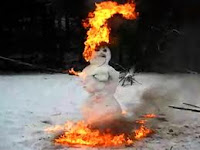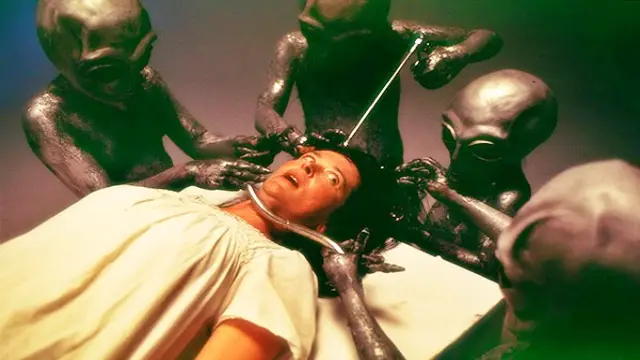n
Key Points
n
n
n
n
n
n
n
n
n
n
n
n
n
n
n
n
n
n
n
n
n
 The U.N. language days were created to celebrate multilingualism and cultural diversity. So…let’s learn a bit of the French language, or at least a bit about the French language.
The U.N. language days were created to celebrate multilingualism and cultural diversity. So…let’s learn a bit of the French language, or at least a bit about the French language.n
n
- n
- French used to be one of the languages of science, alongside German and English. That was true in the 1800s, especially 1850 to 1900, and scientists were expected to be able to read and write in all three languages. However, German scientists such as Einstein, Planck, and Heisenberg were so cutting-edge at “the turn of the century” that Germany became the dominant language of science in the early 1900s. German had a short run of being “top dog,” because WWI and then WWII occurred.
n
n
n
nThese wars and the Cold War affected communication between scientists, yet somehow the crumbling of the Soviet Union and the end of the Cold War left English firmly in the singular position of “the language of science.” About 98% of all scientific publications are written in English!
n
n
- n
- But don’t forget that English has an awful lot of French in it! Way back in the 11th Century, the French-speaking Normans led by William the Conqueror invaded and occupied England.
n
n
n
nSince the Conqueror took land away from most of the old English aristocracy and gave it to his followers, the entire ruling class spoke French, and Anglo-Saxon (or English) language was mostly spoken by peasants / serfs, servants, tradesmen, and craftsmen. That’s why there are so many French words in the English language, including many that were changed in spelling to better match English (like boeuf becoming beef and porc becoming pork) as well as some that have kept their French spellings (like déjà vu and cliché).
n
n
n
n
- n
- French has been used as the language of diplomacy. This is because, by the 1350s or so, French was the most spoken language in Europe and was seen as a language of sophistication and wealth. Some people argue that the popularity of English has made this role for French obsolete. However note how many diplomacy-related English words are from French: ambassador, attaché, communiqué, consul, détente, persona non grata, rapprochement, ultimatum, visa.
n
n
n
n
n
- n
n
n
n
n
- French is still dominant in food and ballet dancing (and therefore to some extent in other non-ballet dance). There are French terms used in various arts such as painting and fashion design.
 n
n
n
n
n
n
n
n
nAlso on this date:
n
n
n
n
n
n
n
n
n
n
n
n
n
n
n
n
n
n
n
n
n
n
n
n
n
n
n
n
n
n
n
n
n
n
n
n
n
n
n
n
n
n
n
n
n
n
n
n
n
n
n
n
n
n
n
n
n
n
n
n
n
n
n
n
n
n
n
n
Birthday of author Louis Sachar
n
n
n
nPlan ahead:
n
n
n
n
n
- n
-
n
-
nMarch birthdays
n
-
nHistorical anniversaries in March
n
n
n
n
n
n
n
- n
-
nApril holidays
n
-
nApril birthdays
n
-
nHistorical anniversaries in April
n
n
n
n
n
n
n
n
n






























